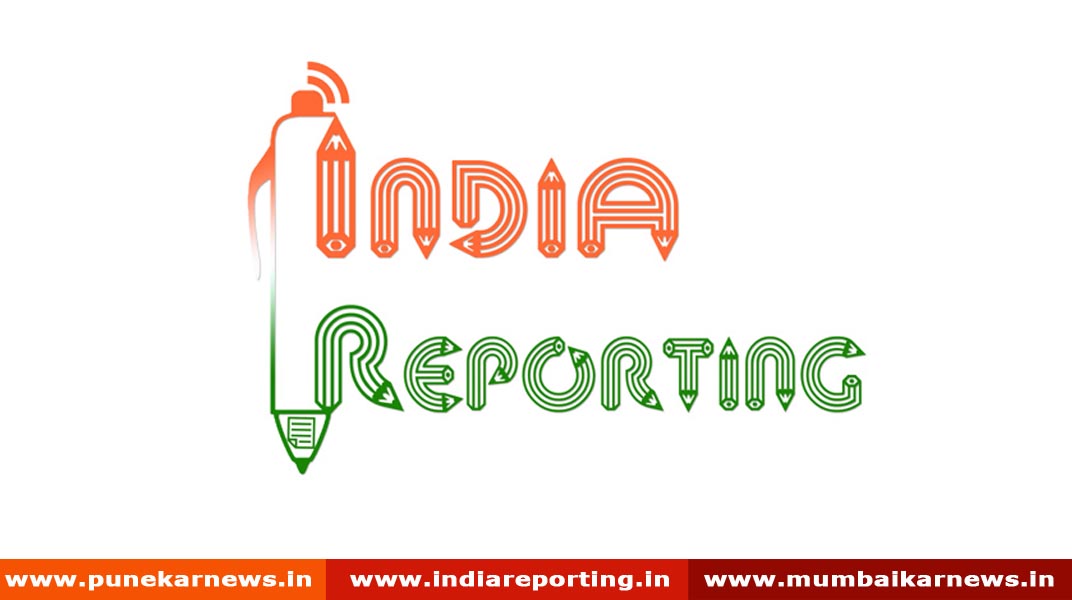New Delhi, 05 April 2022: The “Global prevalence and burden of depressive and anxiety disorders in 204 countries and territories in 2020 due to the COVID-19 pandemic” study, published in Lancet public health, has estimated an increase of about 35 per cent in the prevalence of anxiety and depression in India during the COVID-19 pandemic.
For providing affordable and accessible mental healthcare facilities, the Government is implementing the National Mental Health Programme (NMHP) in the country. The District Mental Health Programme (DMHP) component of the NMHP has been sanctioned for implementation in 704 districts for which support is provided to States/UTs through the National Health Mission. Facilities made available under DMHP at the Community Health Centre (CHC) and Primary Health Centre (PHC) levels, include outpatient services, assessment, counselling/ psycho-social interventions, care and support to persons with severe mental disorders, drugs, outreach services, ambulance services etc. In addition to above services there is a provision of 10 bedded in-patient facility at the district level.
Further, realizing the impact that COVID-19 may have on the mental health of the people, the Government has taken a number of initiatives, including –
- Setting up of a 24/7 helpline to provide psychosocial support, by mental health professionals, to the entire affected population, divided into different target groups viz children, adult, elderly, women and healthcare workers.
- Issuance of guidelines/ advisories on management of mental health issues, catering to different segments of the society.
- Advocacy through various media platforms in the form of creative and audio-visual materials on managing stress and anxiety, and promoting an environment of support and care for all.
- Issuance and dissemination of detailed guidelines by the National Institute of Mental Health and Neurosciences (NIMHANS), Bengaluru- “Mental Health in the times of COVID-19 Pandemic – Guidance for General Medical and Specialized Mental Health Care Settings”.
- All the guidelines, advisories and advocacy material can be accessed on Ministry of Health and Family Welfare website under “Behavioral Health – Psychosocial helpline” (https://www.mohfw.gov.in/).
- Online capacity building of health workers by NIMHANS in providing psychosocial support and training through (iGOT)-Diksha platform.
Besides the above, the Government has announced a “National Tele Mental Health Programme” in the Budget of 2022-23, to further improve access to quality mental health counselling and care services in the country.
The Government has developed comprehensive Training Modules for Healthcare Providers to deal with Post COVID Mental Health Issues to equip Doctors, Nurses, paramedical healthcare workers, community health workers and other frontline workers with knowledge and skills to provide psychosocial support to those affected by post COVID mental health issues.
The Union Minister of State for Health and Family Welfare, Dr. Bharti Pravin Pawar stated this in a written reply in the Rajya Sabha today.
